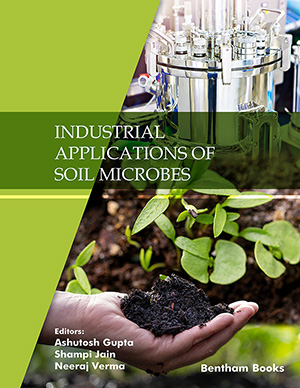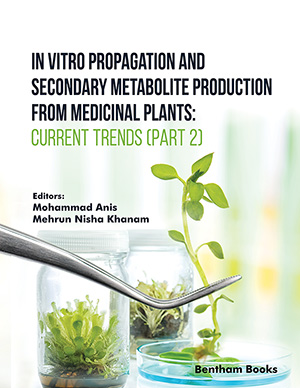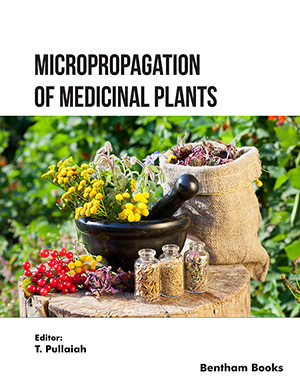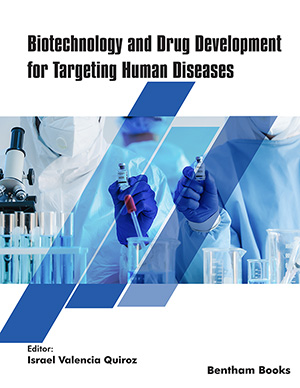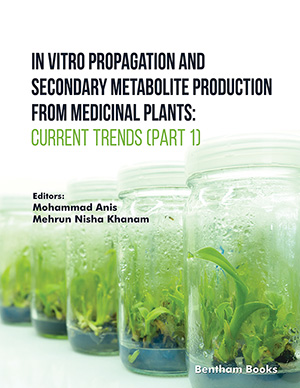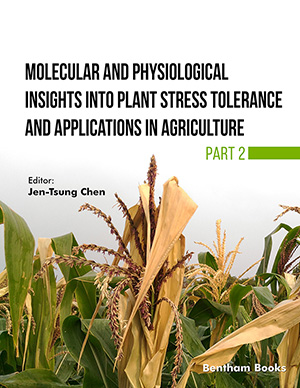Abstract
Flooding is a serious abiotic stress for soybean because it restricts growth and reduces grain yields. To investigate the effect of gibberellic acid (GA) on soybean under flooding stress, root proteins were analyzed using a gel-free proteomic technique. Proteins were extracted from the roots of 4-days-old soybean seedlings exposed to flooding stress in the presence and absence of exogenous GA3 for 2 days. A total of 307, 324, and 250 proteins were identified from untreated, and flooding-treated soybean seedlings without or with GA3, respectively. Secondary metabolism- and cell-related proteins, and proteins involved in protein degradation/synthesis were decreased by flooding stress; however, the levels of these proteins were restored by GA3 supplementation under flooding. Fermentation- and cell wall-related proteins were not affected by GA3 supplementation. Furthermore, putative GA-responsive proteins, which were identified by the presence of a GA-responsive element in the promoter region, were less abundant by flooding stress; however, these proteins were more abundant by GA3 supplementation under flooding. Taken together, these results suggest that GA3 affects the abundance of proteins involved in secondary metabolism, cell cycle, and protein degradation/synthesis in soybeans under flooding stress.
Keywords: Flooding, gibberellic acid, GA-responsive elements, proteomics, root, soybean.


















